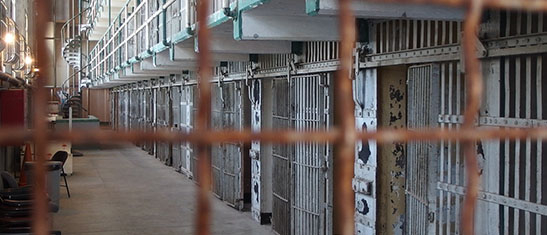Housing Trajectories After Conviction and Incarceration
Location: Harvard Joint Center for Housing Studies | One Bow Street, 4th Floor, Cambridge
Brielle Bryan, Doctoral Student in Sociology and Social Policy, Harvard University
In this talk, Bryan, who is receiving support from the Joint Center’s Student Research Support Program, will discuss research that uses data from the National Longitudinal Survey of Youth 1997 to assess whether felony conviction without incarceration leads to housing instability patterns similar to those experienced by former inmates. The results, which draw on a variety of strategies, indicate that, like formerly incarcerated individuals, never-incarcerated former felons (the approximately 12 million Americans who have been convicted of felonies but have not spent time in prison) experience an elevated risk of housing instability and that these effects appear to be greater for women than for men. These findings suggest that elevated housing instability among both former prisoners and former felons is at least partly due to housing discrimination against individuals with felony convictions.
This talk is part of the Center’s ongoing Housing Research Seminar Series, which gives faculty, senior researchers, and graduate students the opportunity to present and discuss current and recent work with a mix of scholars and practitioners. The series is held on Fridays at lunchtime, during the academic year, and are livestreamed on Twitter.
Watch the video here.

